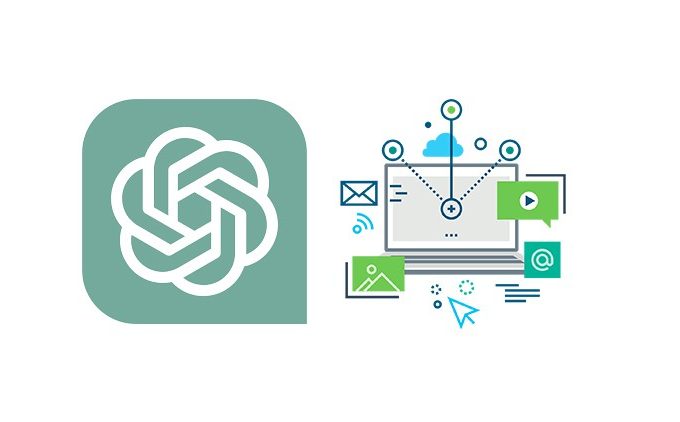Technology sector players have launched a Digital Talent Program that is aimed at developing digital skills in the market by taking a sustainable approach to creating a healthy digital talent pipeline.
In its first year, the program, which is a partnership between organisations drawn from academia, training partners, tech-hubs, Government as well as industry players, targets to upskill 1,000 participants based on the digital skills currently in high demand.
So far, over 30 partners including 6 Universities, 14 Training Partners, 5 Tech-Hubs and community organizations, 7 Government agencies and 14 industry players including Big-Tech are part of the program.
“It has been observed that there is a number of youth with ICT-related certificates who do not possess the skills and competencies required by the employer. Therefore, it is important for us as an industry and sector to push for digital penetration and come up with training and upskilling institutes to support those who are willing to be trained,” said Simon Chelugui, Cabinet Secretary – Ministry of Labour.
Peter Ndegwa, Safaricom PLC CEO said that the digital talent program is in line with our purpose of transforming lives and vision to become a purpose-led technology company.
Our ultimate objective is to position Kenya as the leading hub for tech talent in Africa.
Catherine Muraga, MD ADC, Microsoft noted that they believe that Africa should not only be a consumer of technology, but also a hub for local talent.
“We can make a contribution in shaping and innovating the world. Kenya has a huge talent pool of competent and capable developers. That is why Microsoft and other tech companies are setting up their Africa operations here.”
Dr. Joshua Gisemba, KCA University Deputy Vice-Chancellor, Academic Affairs said that as universities, we need to rethink the curriculum and the methodologies that come along with that.
“Even as we put down the structures and have the curriculum reviewed, we also need to adequately prepare the instructors and providers to be able to adjust to the teaching methodology according to the needs of the society.”
The program will focus on 9 priority skill areas including UI/UX design; Artificial Intelligence and Machine Learning; IOT; Big Data and Analytics; Cyber Security; Cloud Computing; Fintech; Robotics Process Automation; and Software Engineering.
It will be delivered through a hybrid approach including classroom learning, mentorship, and internships for the experiential part of the learning. It will also involve hackathons, fireside chats, guest lecture sessions, incubation, career fairs, annual awards, curriculum reviews, placements, and certifications, among others.
Partners from academia will provide a pipeline for digital talent as well as the institutional strength and mandate to facilitate and implement classroom learning.
Tech Hubs will also provide a talent pipeline and play a critical role in driving innovation, while training partners will curate digital learning paths that are relevant to industry expectations.
Government agencies will enable the program by implementing relevant policies. Industry partners, including big-tech companies, will be the key beneficiaries of the talent pipeline that the program seeks to create, and will also provide coaching and mentorship as well as internship and employment opportunities.





